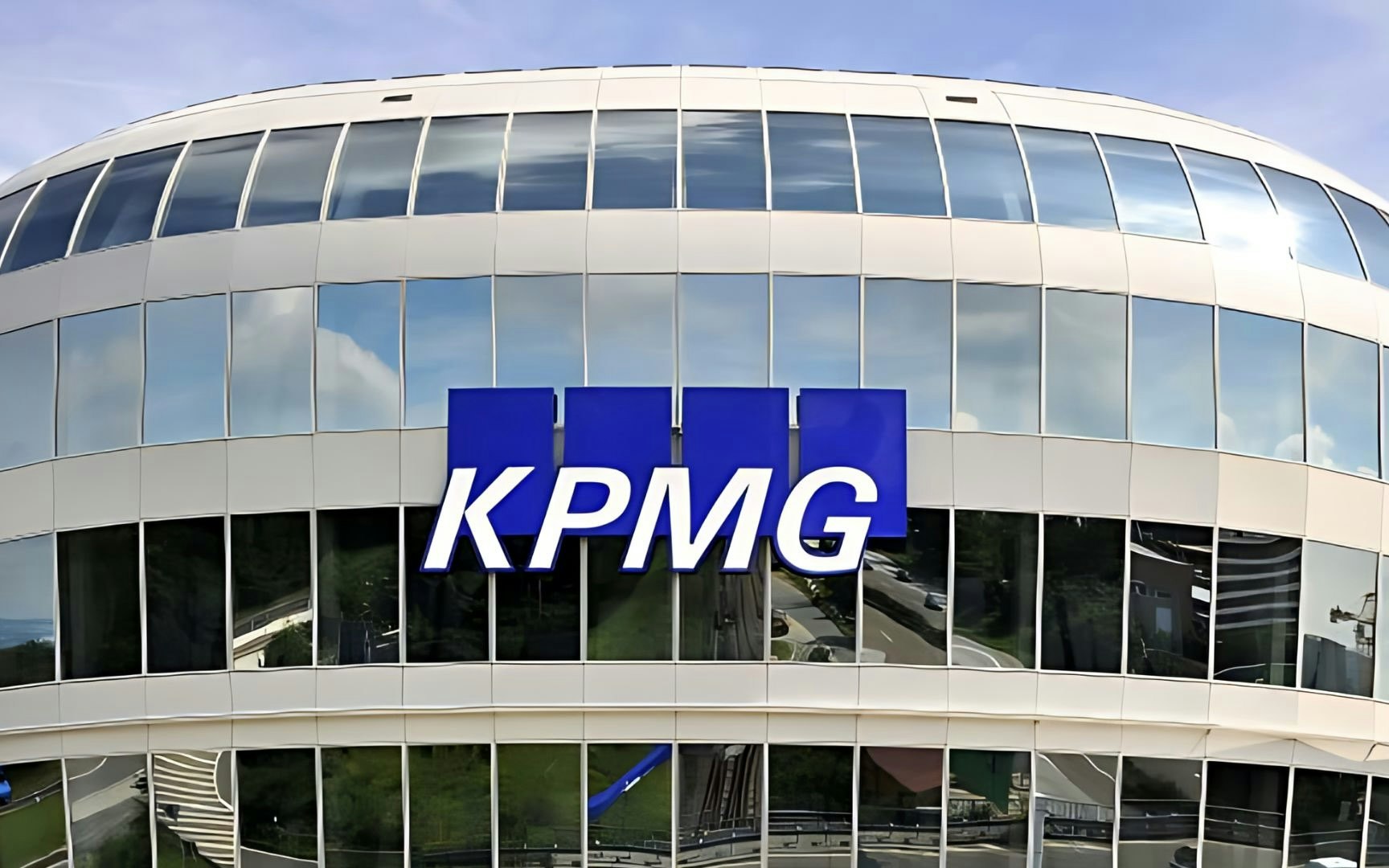Fraport earned only slightly more operationally in the third quarter of 2024 with significantly increased revenue compared to the same period last year. The revenue of the airport operator rose by 11.0 percent from July to September, reaching 1.354 billion euros. However, earnings before interest, taxes, depreciation, and amortization (EBITDA) increased by only 1.2 percent to 483.7 million euros.
The cause for the restrained operating profit growth is the profit-enhancing compensations from the previous year, which complicate the comparison. The group's net income remained almost at the previous year's level, with 273.2 million euros (272.0 million euros). Fraport earned 2.49 euros per share, which was six cents below the value of the previous year's quarter.
Analysts had anticipated revenue of 1.28 billion euros, EBITDA of 489 million euros, and earnings per share of 2.27 euros. Fraport confirmed its annual forecast and continues to expect passenger traffic at Frankfurt Airport to be in the lower half of the range of 61 to 65 million passengers, compared to 59.4 million the previous year. Group EBITDA is expected to be between 1.26 and 1.36 billion euros, while the group's net income is projected to be in the middle of the range of 435 to 530 million euros.
CEO Stefan Schulte criticized the high government-regulated location costs at German airports that hinder growth at Frankfurt Airport. "The government-regulated location costs are too high in Germany. This is a major reason why our home market is trailing in the recovery of passenger numbers in Europe," Schulte stated. While passenger numbers rose by over 10 percent in the first quarter despite strikes, growth was 4.5 percent in the second quarter and only 1.8 percent in the third quarter.
Schulte illustrated the issue using long-haul flights: The governmental location costs for a flight with a Boeing Dreamliner to New York City amount to 18,303 euros from Frankfurt, while they are only 6,413 euros from Paris. "Airlines are expanding their offerings in other markets due to these cost developments, where they have to pay fewer fees to the government," he warned and appealed to politicians to take action.
This development is already apparent: In October, the Irish budget airline Ryanair announced that it will reduce its offerings at German airports by 12 percent next summer, citing the aviation tax and high airport fees in Germany. Instead, Ryanair plans an expansion in Sweden, where the abolition of the aviation tax has been announced.
On the stock exchange, Fraport's share came under pressure and temporarily lost 2.79 percent in XETRA trading to 48.80 euros. This threatens to break the upward trend that has existed since early August and fell below the 200-day line, an important long-term indicator. Analysts expressed criticism: Johannes Braun from Stifel Research noted that the EBITDA was two percent below consensus estimates. Guido Hoymann from Bankhaus Metzler described the passenger growth of 1.8 percent as "unimpressive" and pointed to capacity issues of airlines and a continued lull in business travel. Oliver Wojahn from MWB Research sees Fraport facing a difficult compromise between passenger growth and fee increases, especially regarding the opening of the third terminal in the summer of 2026.







